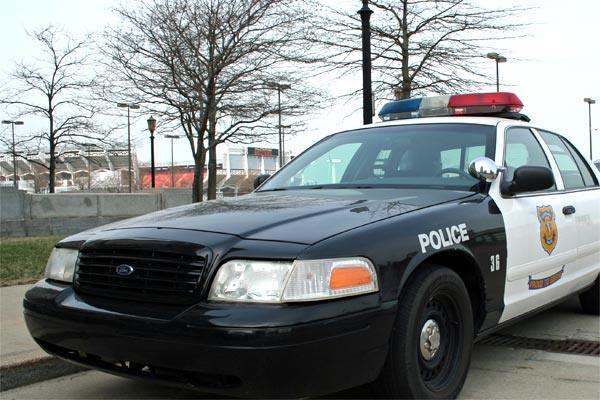
Reverend Norris, chairman of the Cleveland Clergy Alliance, joined with the community to draft a list of reforms for the Cleveland police department.
A consent decree created by the citizens, organizations, faith leaders and advocates might be implemented in Cleveland if the Federal Judge approves. The decree is 105-pages long, and focuses greatly on enhancing the current relationship between the police and the citizens. The recommendations were submitted and released on Tuesday, led by Reverend Lorenzo Norris, the chairman of the Cleveland Clergy Alliance. According to Steven Dettelbach, US attorney, this is the first time he has “been in a community where people had this many detailed ideas.” It took a total of 5 months, packed with negotiations betwixt the city of Cleveland and the Department of Justice.
The Consent Decree
The decree is a product of the community of Cleveland, and the hard work of police officers and community members. Vanita Gupta, the Justice Department’s Civil Rights Department head, said that she hopes the decree allows Cleveland to “look forward and not backward on these issues.” According to Reverend Norris, the community is struggling with distrust towards the Cleveland police department, particularly since the 2012 deaths of Malissa Williams and Timothy Russell, who was murdered by Michael Brelo, a Cleveland police officer who was found not guilty. Norris says that though they understand it isn’t all police officers who would do things like that, the decision bred a “lot of distrust” in the community towards police officers, leading him to feel they need a “long-term effort to reform the police department” to rebuild the relationship.
The decree outlines a lot of information and changes to the police department. There will be a 13-member Community Police Commission set up. The seats will be decided by the mayor, who will choose from a range of students, civil rights advocates, business owners and other community members. The CPC will offer their input towards new “policies and practices” for the community, particularly in regards to problem policing, transparency in the police force and bias-free policing. There will be a District Policing Community consisting of a police officer and members of the community, including faith leaders and youths. The DPC will help the police to address crime and safety issues through new strategies.
Cleveland Clergy Alliance wants 1,000 people to march to City Hall today to pressure leaders to reform the police department. @wkyc
— Alyssa Raymond (@AlyssaRaymond) March 28, 2015
The decree also outlines training for the police officers to total out to 1500 hours, covering mental health, state laws, constitutional rights, human resource policies, upgrades to the police vehicles, and a no tolerance for profiling system. They want to implement newsletters and city-wide emails, a Cadet Night Out for community members and police officers to become friendly, and community policing summits in each ward. Hopefully, this can be a step towards rebuilding the relationship between the city of Cleveland and their police officers.
